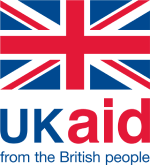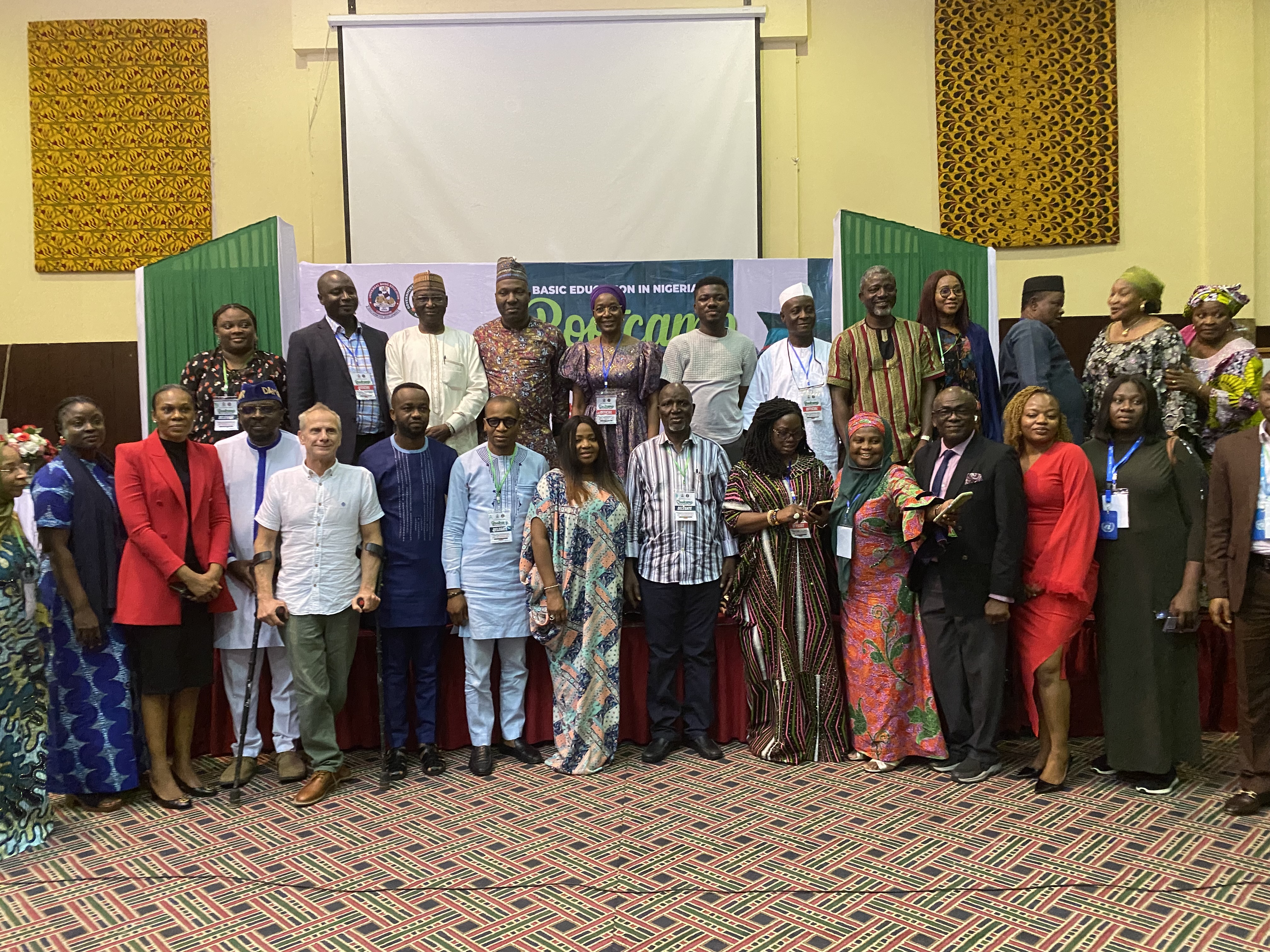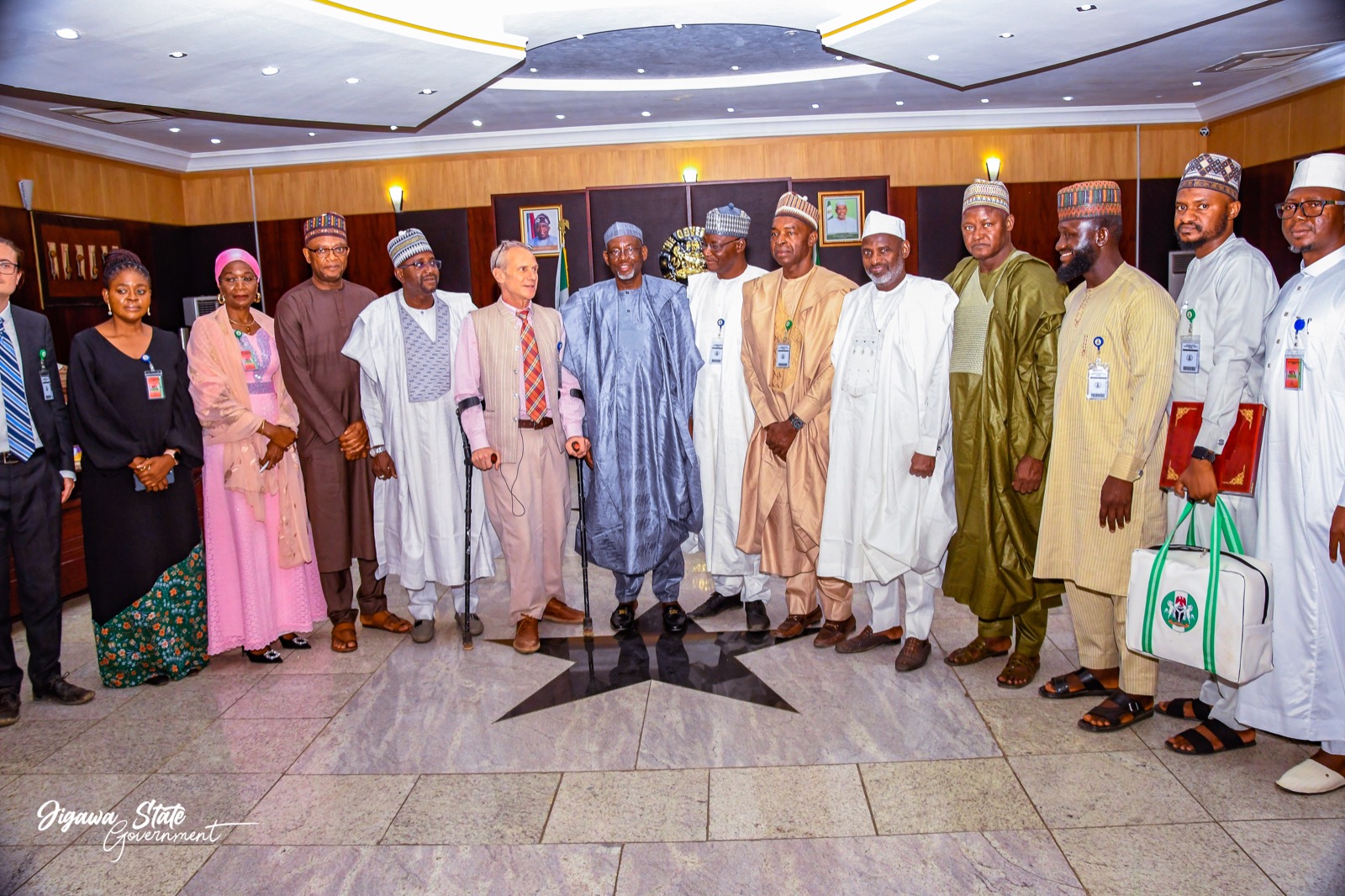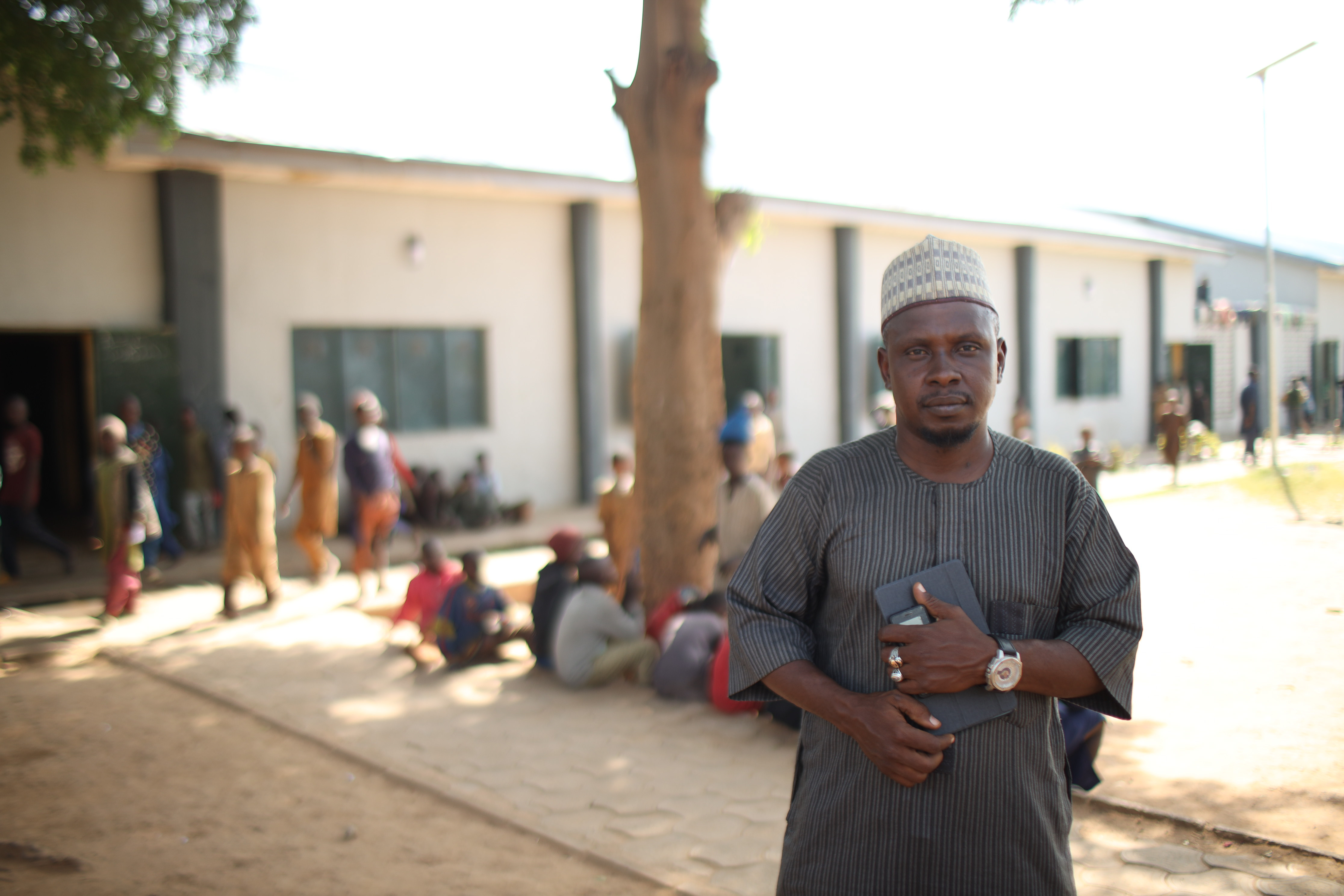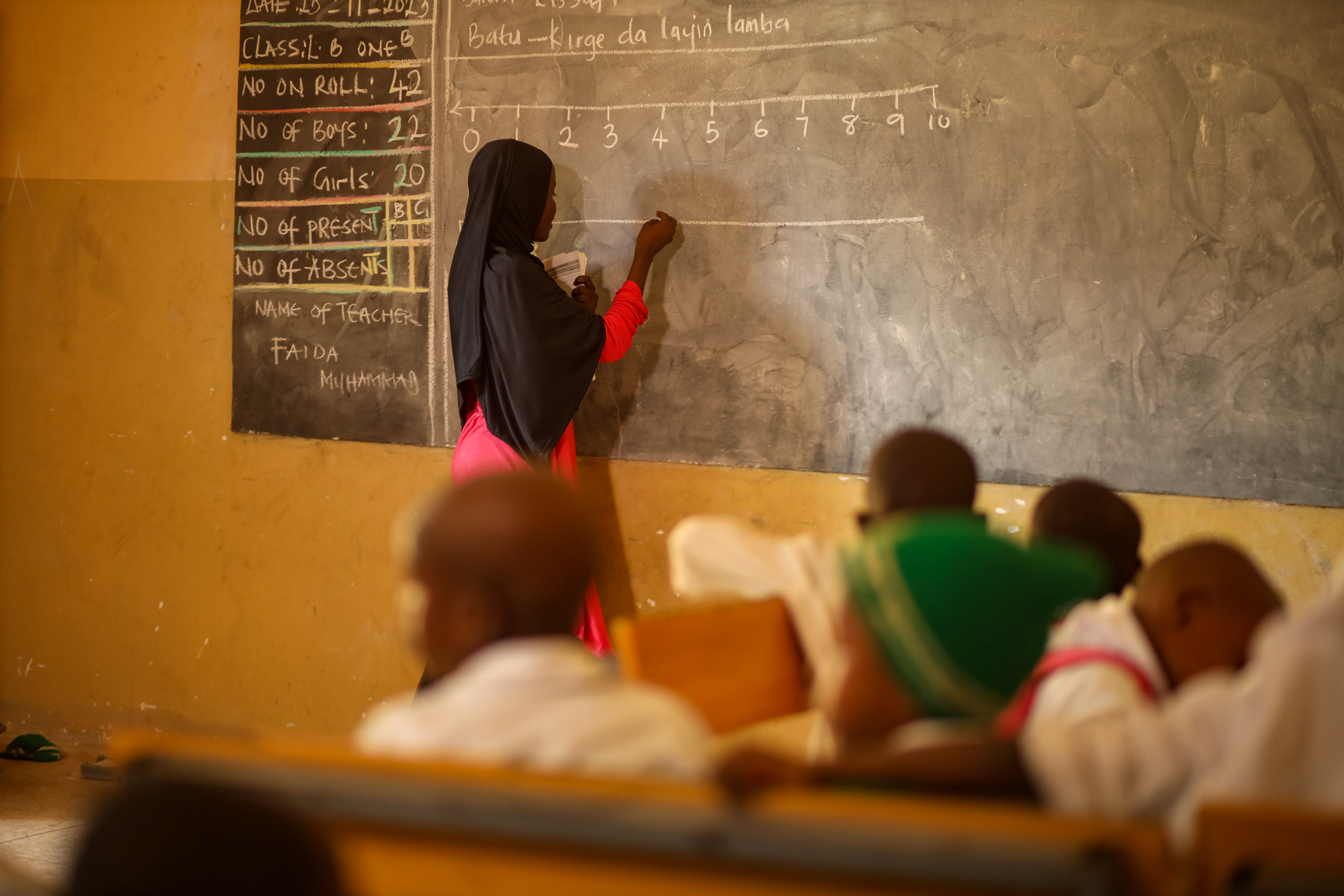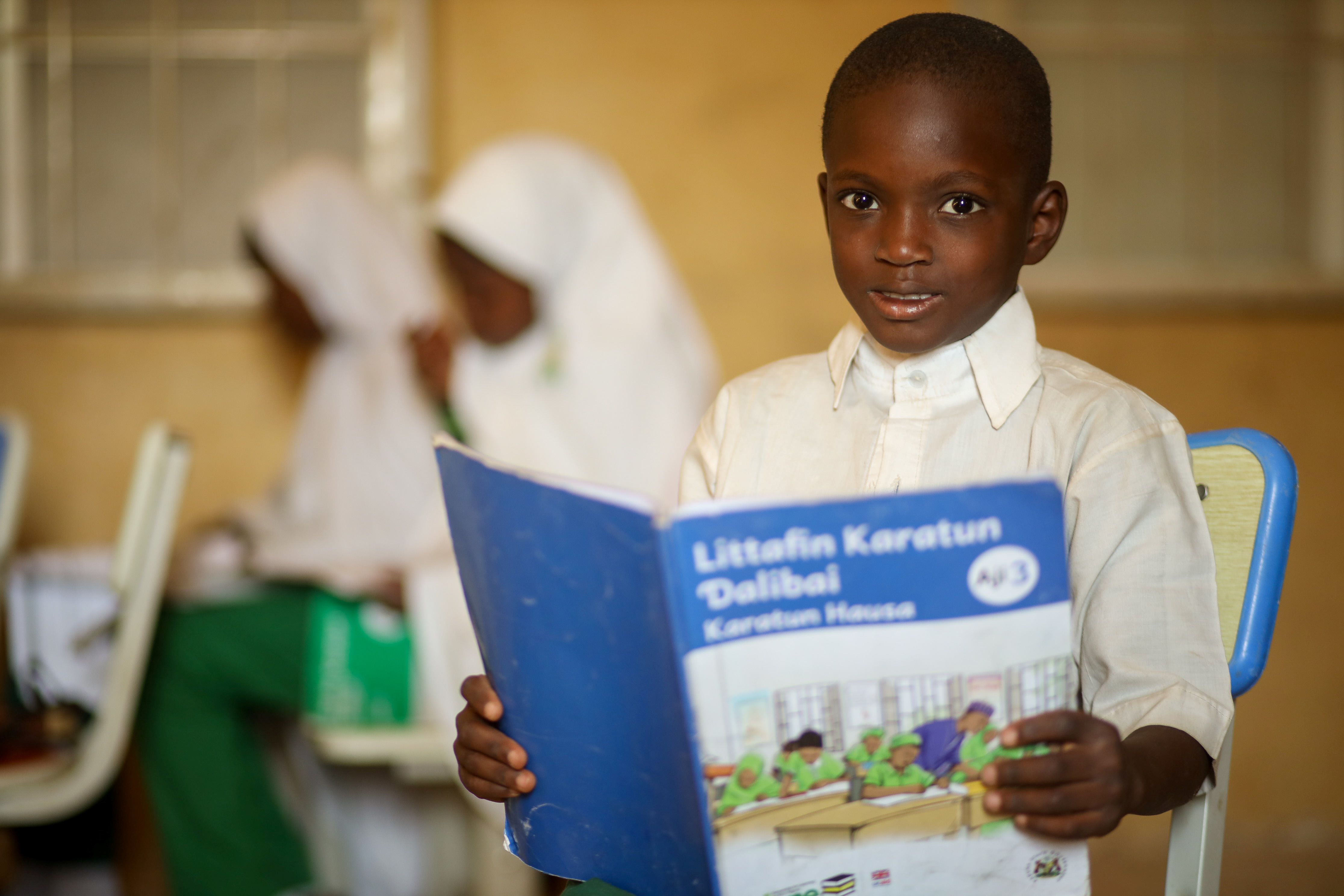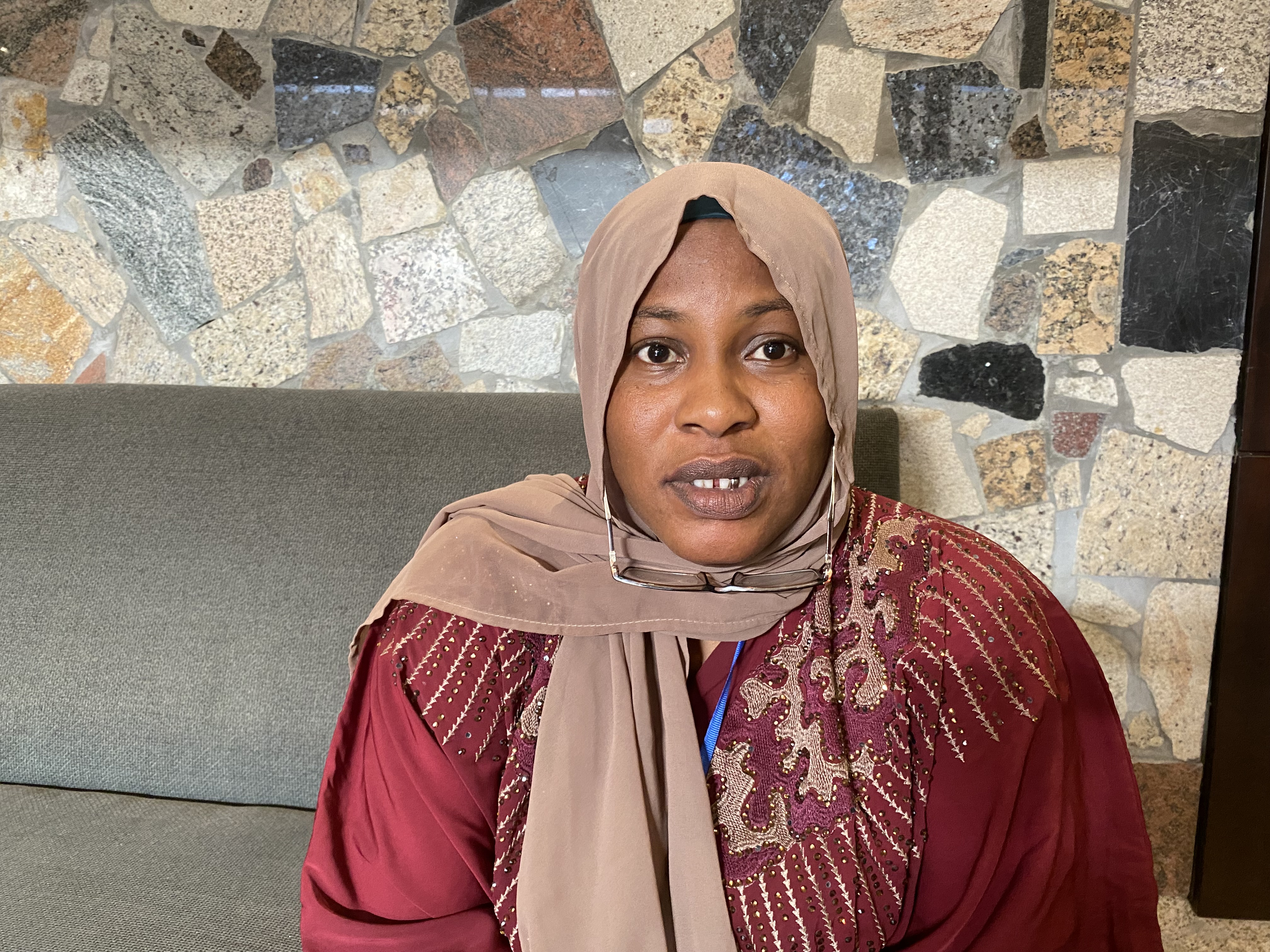
Amina Mohammed serves as the headteacher of LGEA Kagoro Primary School, located in Sabon Gari, Kaduna South. This primary school, founded in 1977, currently has approximately 1,350 students and 43 teachers. As is often the case in rural areas, ensuring adequate literacy levels and teacher quality has been a persistent challenge. Nevertheless, this school is making strides towards becoming a model for empowerment and education. Mohammed believes PLANE’s interventions in the school have brought about some significant changes over the past one year.
“Since I started teaching in 2002, we have not received any intervention or any programme that is up to the standard of PLANE. Our teachers are really working hand in hand with this project because of the way they were trained and motivated. It makes them more motivated to teach these learners”, she says.
LGEA Kagoro Primary School is one of many that have benefitted from interventions carried out by the Partnership for All in Nigeria (PLANE) programme funded by the UK Government in Nigeria, supporting efforts of federal and state governments to improve learning outcomes for Nigeria’s children.
Between late 2022 and August 2023, teachers from 694 schools in Kaduna, who teach classes in lower primary have benefitted from intensive training covering foundational literacy, classroom management, inclusion and safeguarding. The teachers and learners in the supported school also received PLANE’s teaching and learning materials for literacy and mathematics, written in the local language, to give pupils a better and more effective learning experience in their mother tongue.
Headteacher Mohammed reports that PLANE’s interventions have resulted in higher enrolment rates, improved literacy skills, and increased motivation among teachers. Notably, students who previously had to reach Primary 4 or 5 before being able to read are now showing progress in reading and writing as early as Primary 1 and 2.
“Before PLANE, the pupils could only speak Hausa, they didn’t know how to write or read it. It is now after the intervention that they can identify and write a word. Primary 1 learners can now read in Hausa and read words in that Hausa language. They can do that. And in mathematics, we are making progress, and they have started reading in English during this session. I have noticed a lot of improvement and changes. Even now, I have the confidence that if you come to my school, I know that my pupils can write and read. Any child from primary 1 and 2 can do that without any stress”.
Mohammed adds that more than 100 learners have joined in the second half of the school year because they had heard of the books given to students. Teachers are also happy to use the guide provided because it is easy to teach with, without a need to prepare lesson notes or use other textbooks.
“They gave us posters and other teaching materials that have been of help to us. When you enter any class, you will see them. The teachers normally use the posters to prepare the children for the lesson by making sounds that motivate the children to be prepared for the lesson. With all this PLANE intervention, we are really happy. The teachers are even happier than us. They are happy about this program because the time I told my teachers that Primary 3 should get ready because we are going to have a training session during the holiday so that they will not go too far. They will be going for training. The teachers keep asking when the training is coming because they are eager to go there. There is more that they will do, and there is a kind of motivation there”.
Beyond academics, Mohammed also says the training on inclusion and safeguarding has fostered a more conducive and safe space in the school. Teachers have learnt to pay attention to children with learning disabilities. Furthermore, students and teachers are also now able to identify and report inappropriate behaviours.
“It is only this PLANE project that brought out this safeguarding pathway that really helps us know what to do when any incident happens and the proper way we are supposed to handle these incidents. The day that I held an assembly with the learners, we told them all about safeguarding. From that day, if you see those children in my office, within a minute, if a boy pinches them, they will come and report it. The designated person did not rest for the whole day; everything that happened, they would go and tell”
In Kaduna, Kano and Jigawa States, the PLANE programme has reached 550,000+ students and 9,000+ teachers, working with partners including the Federal and State Universal Basic Education Commission, Ministry of Education and other education-focused government parastatals.
